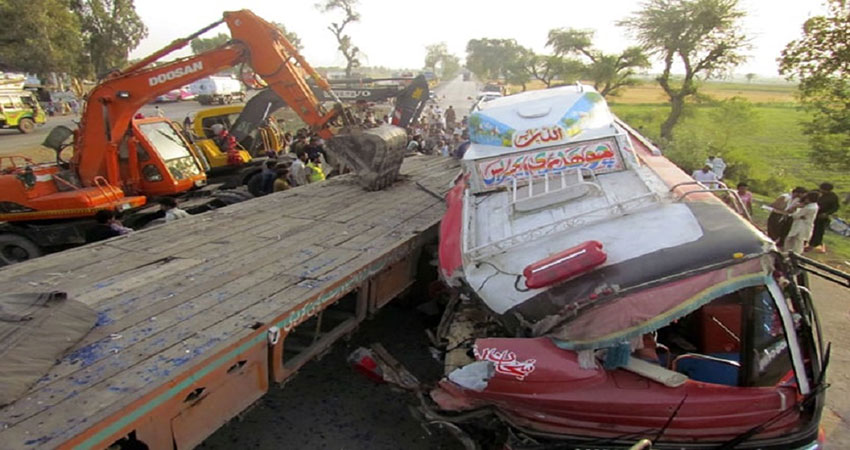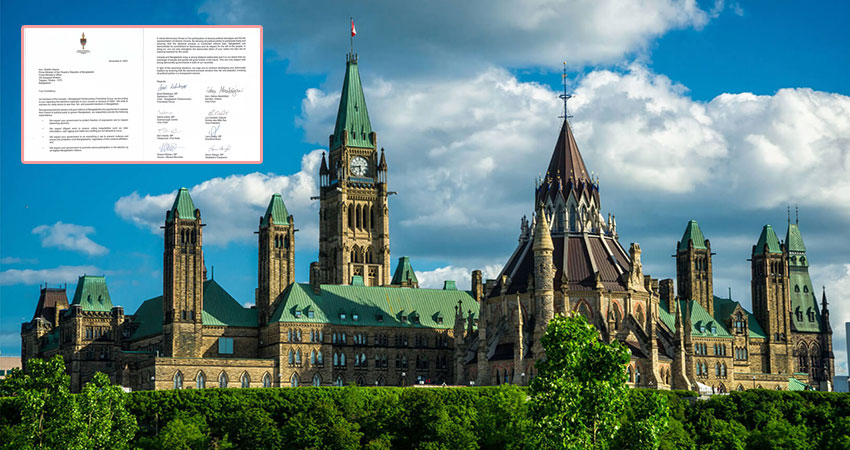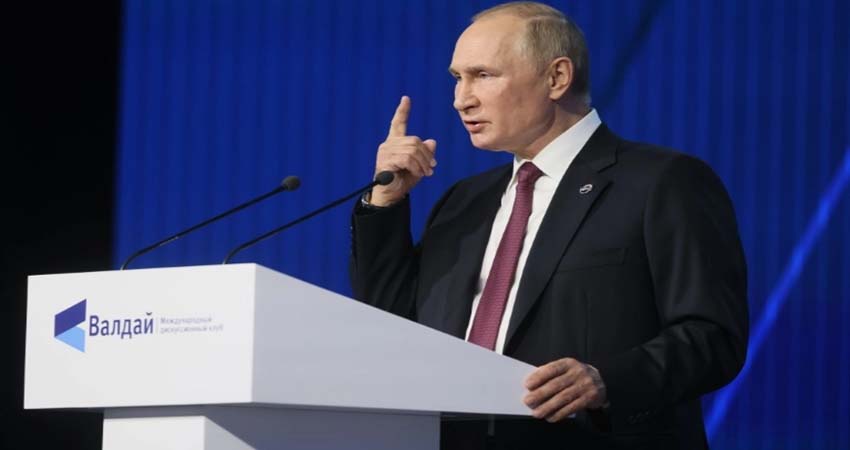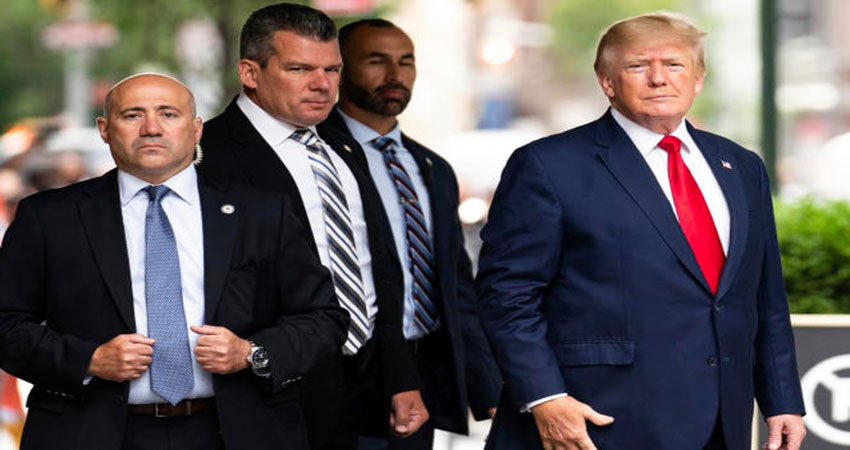On Wednesday, South Korea's Ministry of Education revealed a five-year strategy designed to address the country's declining school-age population by attracting 300,000 international students.
As part of this initiative, the Education Ministry intends to enhance the International Education Quality Assurance System, reports The Straits Times.
This revision will involve the requirement that over 30 percent of incoming foreign first-year students should hold level-two or level-three proficiency in the Test of Proficiency in Korean (Topik) to encourage their enrollment in South Korean universities.
The ministry said it would bring in foreign students specialising in science, technology and engineering to bolster the country's high-tech industries.
"We are in desperate need of nurturing (science) talent at a time when the war for technological supremacy is intensifying. Japan, for example, has set a target of attracting 400,000 foreign students by 2033. Now is the time to attract foreign talent strategically," Education Minister Lee Ju-ho said during a press briefing at the Government Complex Seoul.
For non-science students, the ministry will help them learn Korean culture and norms through courses at Korean language centres. They can also explore career paths through internship programmes and hands-on experiences offered by universities and local governments.
The ministry is also contemplating the possibility of removing the requirement, concurrently reinforcing education concerning the Korean language and culture. The ministry aims to digitize the Topik examination and collaborate with the Culture Ministry to meet the increasing interest in learning the Korean language.
Through the fully funded Global Korea Scholarship, the initiative aims to offer financial assistance to 2,700 international students pursuing master's and doctoral programs in science and engineering by 2027. This scholarship will also extend support to 6,000 students outside the field of science.
To attract high-skilled talent, the ministry hopes to expand state scholarships for students from countries with high demand for economic cooperation with South Korea. These include Poland – known for its aerospace and defence industries – and the United Arab Emirates, which has a large nuclear energy sector.
Those with a D-2 visa, or student visa, will be able to work up to 40 hours a week. Previously, they were not allowed to work more than 25 hours a week. Foreign students can also do up to 30 hours of part-time work.
Students from China, Vietnam and Uzbekistan now make up 68 per cent of the international student quota in South Korea, with many of them concentrating on humanities majors, according to the ministry.
South Korea has seen higher numbers of foreign students in recent years, with 153,695 of them entering the country in 2020, 152,281 in 2021 and 166,892 in 2022, despite the coronavirus.
Nearly 30,000 foreign students graduate from South Korean universities annually, the data shows.



















